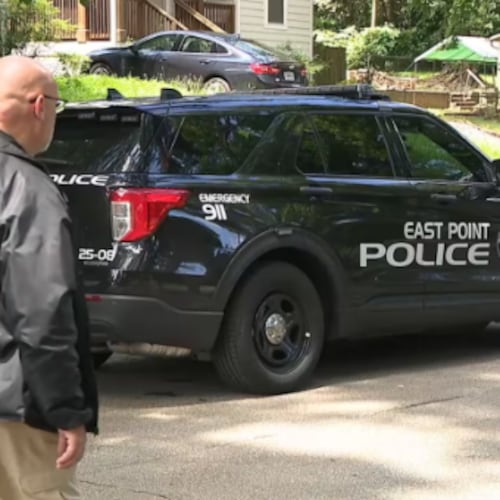A bill that would have limited the amount of personal income court officials who process passport applications could receive did not come to a final vote by the end of the legislative session.
Superior court clerks and probate judges will be allowed to continue the practice legally under current state law, which Sen. Kay Kirkpatrick (R-Marietta) sought to change after The Atlanta Journal-Constitution reported in November that Cobb County Superior Court Clerk Connie Taylor made an additional $425,000 through passport fees on top of her six-figure salary during her two years in office.
Current law allows superior court clerks and probate judges who process passport applications can take the $35 processing fee as personal income. Many offer to split the fees with the county, but that is not required.
Senate Bill 19 began as an outright ban on the practice, required regular disclosure of the compensation to the local governing body and allowed counties to reach a separate agreement with the clerks or judges as needed.
After several committee hearings and strong opposition from superior court clerks who testified against the bill, it was changed to place caps on how much of the fee collection could be taken as personal income. The limit began at $7,500, and grew until it became a formula: one-third of the total fees collected.
But the final iteration of the measure did not get a vote on the House floor by the last day of the session.
“Despite SB 19 being one of the most common sense bills of the session and having wide legislative support, the bill was never let out of House Rules Committee,” said Todd Edwards, the deputy director of governmental affairs for the Association of County Commissioners of Georgia, which backed the measure.
Taylor is not alone: clerks in Gwinnett, Fulton, and DeKalb counties, who all testified against the bill at the Capitol, each earned thousands in additional pay from passport fees, in part due to the surge in applications brought on by the pandemic.
Meanwhile, Taylor’s office is currently under investigation by the Georgia Bureau of Investigation after an employee-turned-whistleblower released a letter claiming that Taylor ordered her to delete records of the passport fee income instead of handing them over to the AJC in a request under the Open Records Act.
About the Author
Keep Reading
The Latest
Featured



